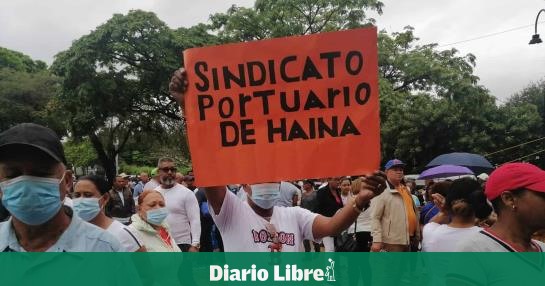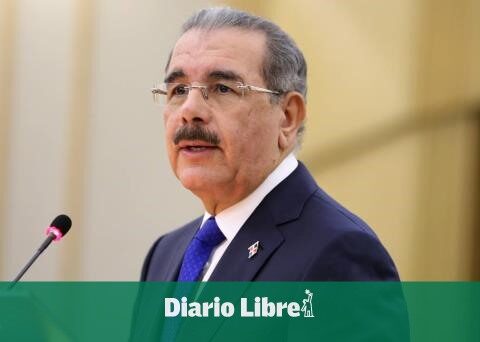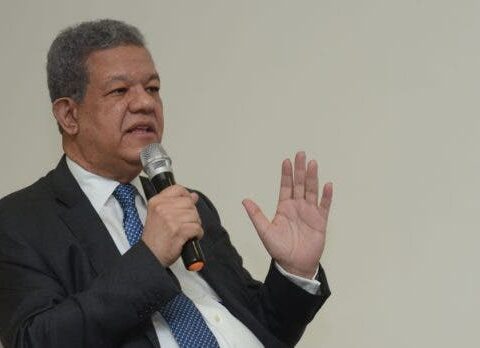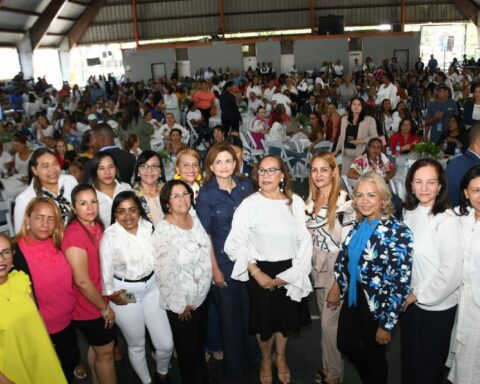In the Dominican Republic there are more than 1,400 registered with the Ministry of Labor. unions of active workers. The fact that the most numerous are those of the transportwith 404, the same trade unionists attribute it to the “freedom of association” in this independent sector that contrasts with the obstacles in the regular private sector.
“It is not that they are more active (those of transport), but they are easier to set up because they are independent companies,” said Rafael -Pepe- Abreu, president of the National Confederation of Trade Union Unity (CNUS).
He insists that for unions of the private sector “there is a business obstacle that does not allow the free exercise” of association “although the Constitution and the Labor Code say so.”
They are defined as unions all workers’ or employers’ associations constituted in accordance with the Labor Code, for the study, improvement and defense of the common interests of their members. These can be company, professional or by branch of activity and must be registered with the Ministry of Labor to be formalized.
In the history of the Ministry of Labor there are 3,871 registered unions, of which 37% are active, according to a report delivered at the request of Diario Libre. Of the assets, 677 are from companies, 201 professionals and 557 from the branch of activity.
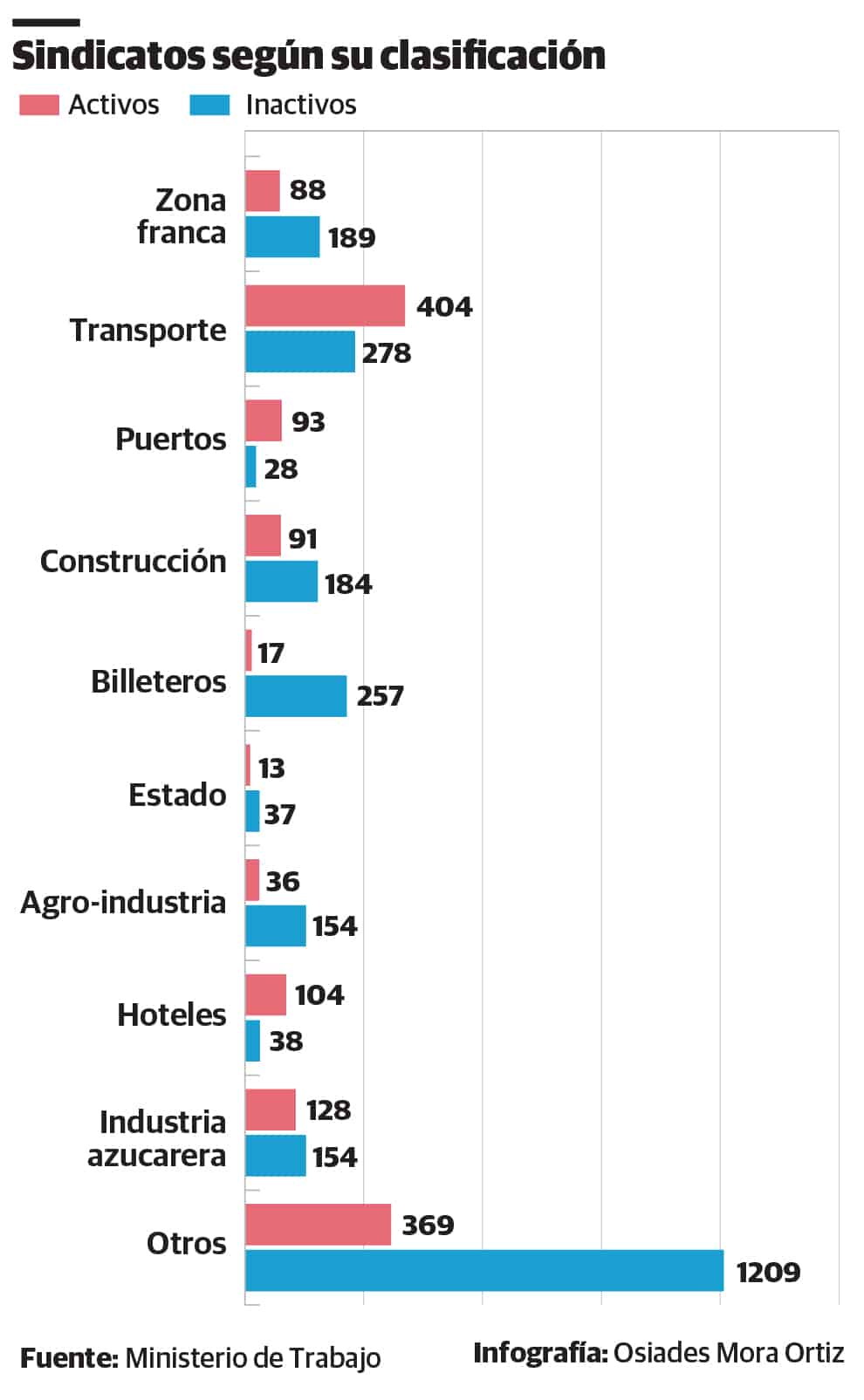
Review in the Code
The Labor Code establishes that “public authorities must refrain from any intervention that tends to limit or hinder the exercise of freedom of association.”
“Given this prohibition, the Ministry of Labor only has a Trade Union Registration Department, where it receives communications, but cannot affect what is received,” observed the Minister of Labor, Luis Miguel De Camps.
“If there is receipt of contradictory documents -he added- the Ministry cannot fix them, they have to unions get ready and if they have to go to court, they would have to go to a labor court.”
The official, in a recent interview with Diario Libre, acknowledged that the trade union issue is one of those that must be improved in the Labor Code, a 1992 legislation for which a new round of tripartite dialogue began this year with purposes of modifying and updating it.
“I believe that respect for freedom of association and the promotion of freedom of association is correct, but I believe that some improvements in that aspect would perhaps mean strengthening the union movement even more and achieving organization, not only because of representativeness and legitimacy,” the minister said.
Among the proposals that unions They have led to the recent round of tripartite dialogue to modify the Labor Code, they have included in their agenda that the strengthening of the rights recognized to trade union organizations be discussed, especially with regard to freedom of association and collective bargaining.
On May 1st, in celebration of International Workers’ Day, representatives of the unionsamong these Abreus, denounced once again that in the private sector employers put obstacles in the way of their employees organizing themselves in unions.
Abreu cited as an example the case of a large supermarket in which he had to mediate, because his administration does not accept “the free exercise of freedom of association.” Also, he mentioned a foreign company in Santiago in which the workers came to register the union, but the employers did not allow their activity. “They (the employers) never openly declare that they oppose freedom of association (…) because they know that they would incur a violation of the Constitution and the law, but they always have a reason based on the fact that the workers do not obey the mandates,” he said. Open.
Diario Libre requested the opinion of the business sector on the complaints from the union sector, but no response had been received at the close of this edition.
In addition to the transportation branch, in the Dominican Republic there are unions organized in the free trade zone, ports, construction, bill collectors, in the State, agribusiness, hotels, and the sugar industry, among others. “The reality is that the trade union movement has produced improvements, for example, in the sugar sector,” stressed the Minister of Labor. In this sector, the Ministry reports 128 active unions. “There are important collective agreements, in favor of the workers. This does not happen without the unions.” De Camps mentioned that child labor has been reduced in the country due to “a joint effort by the government, employers and unionized workers.” Also, that during the pandemic a resolution on teleworking was reached in the Labor Advisory Council in a tripartite manner, in which the unions participated. “The vision or image (is) that many unions of the 60s, of the 70s, is indeed not the same as in 2020 and something, without a doubt, and it is good that it is not the same. But the reality of labor relations is not the same either”, commented De Camps. This different reality has the challenge of reaching the younger generations and individual workers. The International Labor Organization (ILO) published last year that union membership around the world has been declining over time and that “it is lower for people in some form of atypical employment or precarious employment, such as temporary and self-employed workers or workers in the informal economy and digital platforms”. The Minister of Labor indicated that, in the Dominican Republic, “regardless of the fact that some may point out that at the global level there may be a reduction in general terms” in the levels of affiliation, “the reality is that the union movement” has produced improvements.

